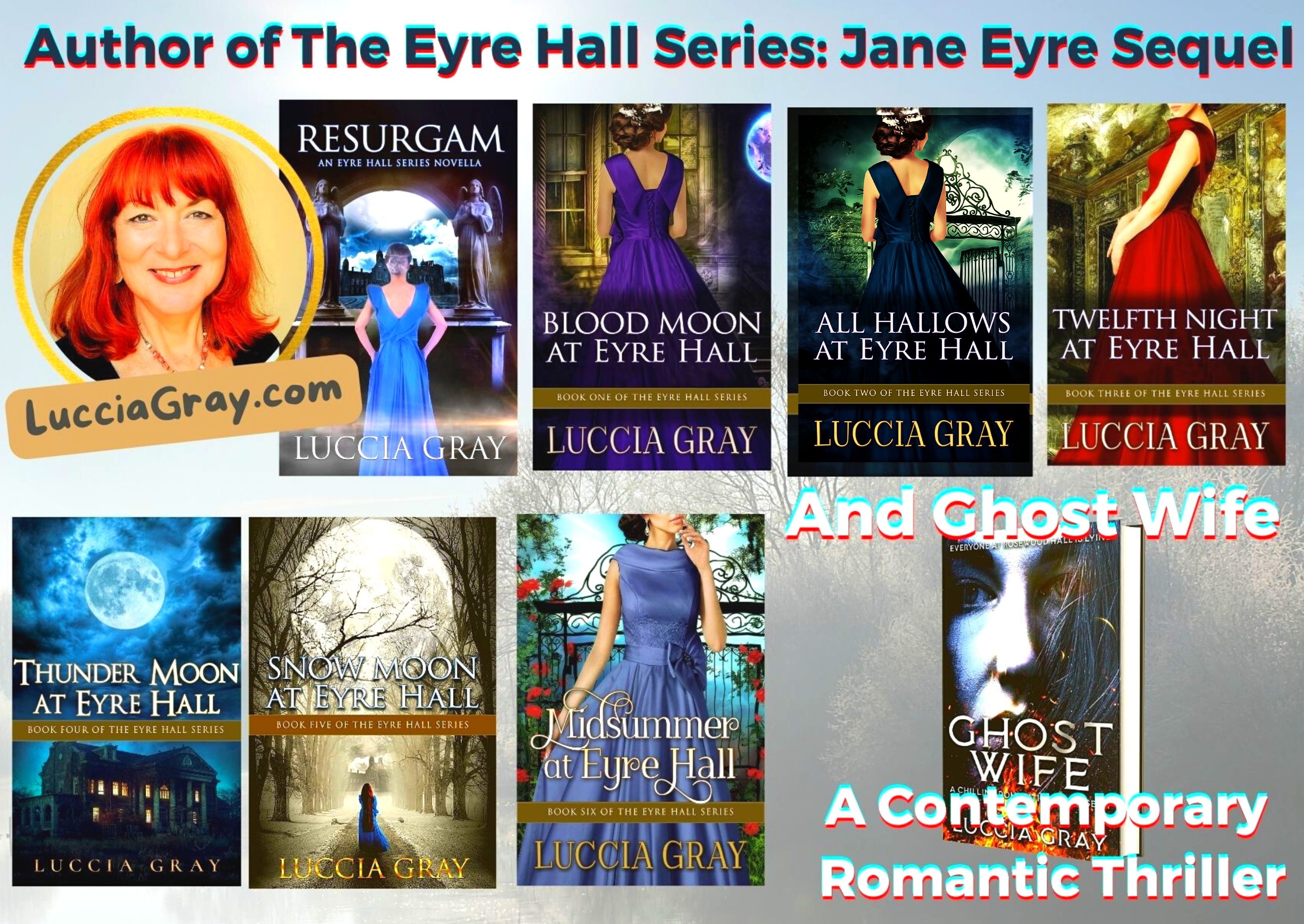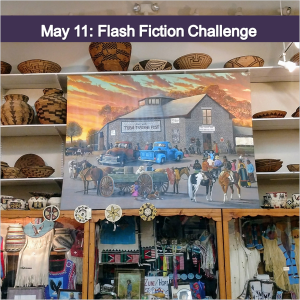This post was written in response to Charli Mills at Carrot Ranch’s weekly Flash Fiction Challenge. May 11, 2017 prompt: In 99 words (no more, no less) write a story about trading. Trade away and go where the prompt leads you. Find out more, read other entries or join in here!
I’ve returned to Victorian England once again for my contribution.
***
Trading Rats: The Rat Catcher
The seller stood with his back to the door holding a swinging cage of squealing rats.
‘How much?’ asked the buyer.
‘A guinea.’
The buyer stroked his beard. ‘Two shillings.’
‘What? I went down the gutters for days risking my life to catch them!’
The buyer looked at the bite marks and blood on the seller’s hands. ‘You need to sell and find a doctor or you’re a dead man.’
The seller leaned back into the door which closed with a loud bang. ‘Two guineas, or I drop this cage, it smashes and we’ll both be devoured for dinner.’
****
Who decides the price in illegal trading? Buyer? Seller? Is it a question of supply and demand, as in any other negotiation? Or is it the person who has less to lose? What happens when the buyer or the seller gets too greedy?
****
Rat Catchers had a lot of work in Victorian England for three reasons.
1- Rat baiting was a popular, albeit illegal sport, which involved a lot of money with rich and poor people betting. In this case, rat catchers caught live rats.
2- Other rat catchers were paid to kill rats in different parts of the country.
3- Finally rich ladies liked to keep rats as pets in squirrel cages. A practice which I have heard is also popular nowadays.
Many of the rat catchers were children. They preferred catching rats to cleaning chimneys, working in coal mines, or hawking wares, because it was easier and paid better.
De-ratting English manors and businesses was often more lucrative as children could earn from two shillings to one pound. By the way, a guinea was 21 shillings.
If anyone is interested in finding out more:
Full Revelations of a Professional Rat-catcher After 25 Years’ Experience
This fascinating book, written in 1889, is a fascinating and informative read.
More information on this web page about Victorian England.
*****
Follow Luccia Gray on Social Media:




Hmm…interesting tale about risks.
LikeLiked by 2 people
The rat catcher is used to risking his life, I wonder what the seller will risk? Thank you for visiting and commenting, Lida💗
LikeLiked by 3 people
That is fascinating (and disturbing). Fantastic flash! Love that ending. 🐀
LikeLiked by 2 people
Thank you, Sarah💟
LikeLiked by 2 people
What a rich flash, not in trade but in bringing historic details to life. The buyer’s comment on the rat catcher’s wounds needing a doctor makes me wonder about a different option. I heard of a blend of essential oils called “thieves” because it was thought to prevent bubonic plague. That 1889 book would be a fascinating read!
LikeLiked by 1 person
There’s a rat-baiting scene in The Eyre Hall Trilogy, which is not vital to the plot, but develops one of the characters. It’s about two paragraphs long, but I had to investigate and read the rat catcher’s account and much more. It’s amazing the amount of research historical novels require, but it’s great fun! In pre-antibiotic times a rat bite could be fatal, even if they weren’t infected with disease… We’ve come such a long way, in humanity, working conditions, health care, education, etc. History, not facts and dates, real life, gives us a much needed perspective. Thank you fir your support and your comment 💖
LikeLike
I think I’d rather not have the cage dropped and be eaten alive by rats. It wouldn’t be a pleasant way to go, if any is. Your story reminded me of the Pied Piper of Hamelin. Rats are popular pets. My daughter had a couple. She preferred them to mice. Now she has a dog. I prefer the dog, but only ever so slightly.
LikeLiked by 1 person
I agree!:Apart from finding them ugly and horrible, it seems rather cruel to keep rats confined in cages, at least most dogs can move around and go out😂
LikeLiked by 1 person
That’s true. My daughter used to take her rat out of its cage and play with it constantly. She loved it.
LikeLiked by 1 person
Gosh what a profession.
LikeLiked by 1 person